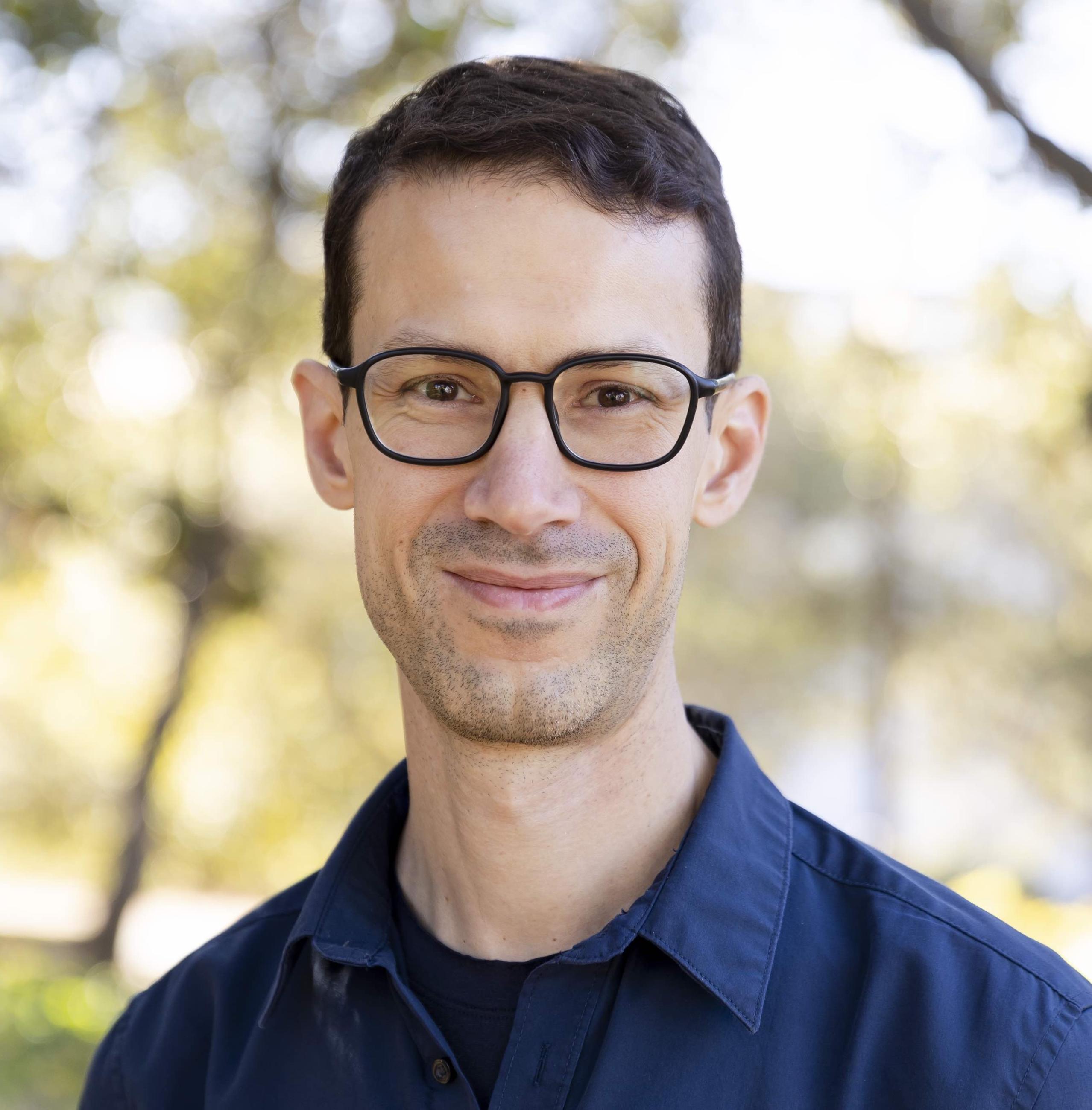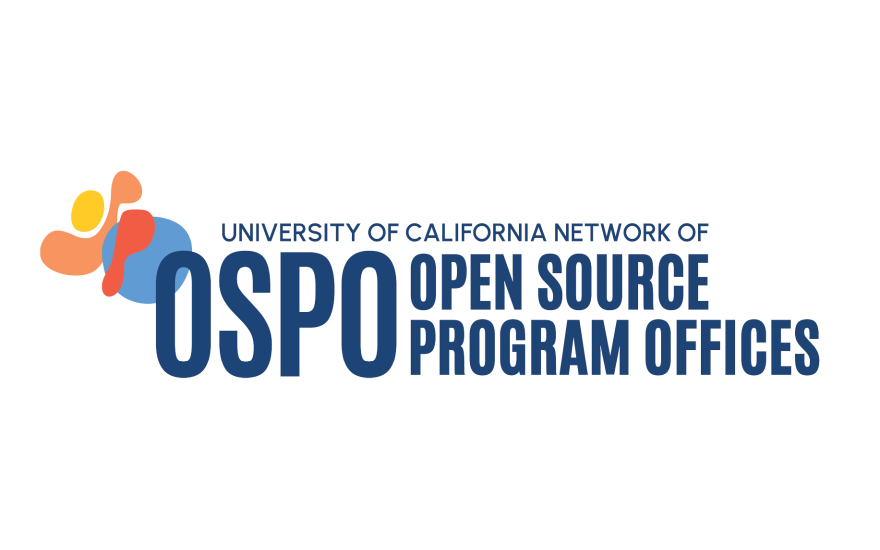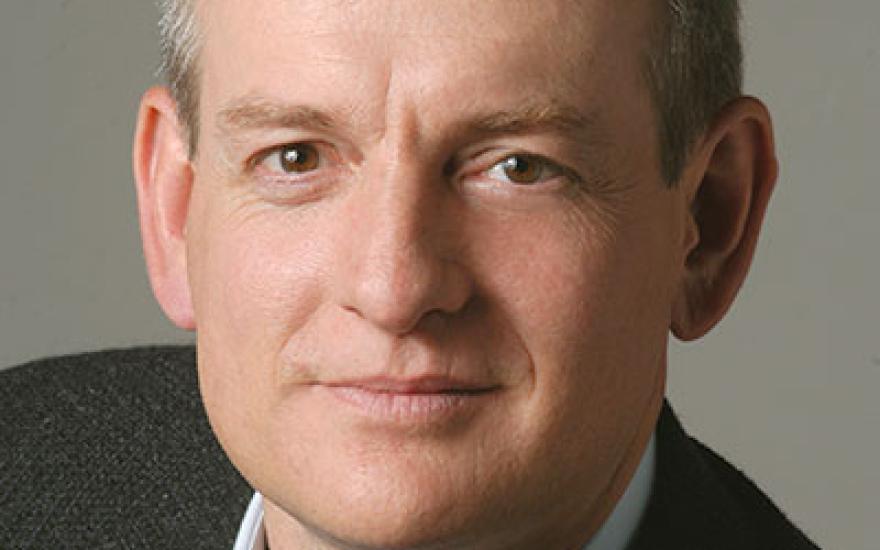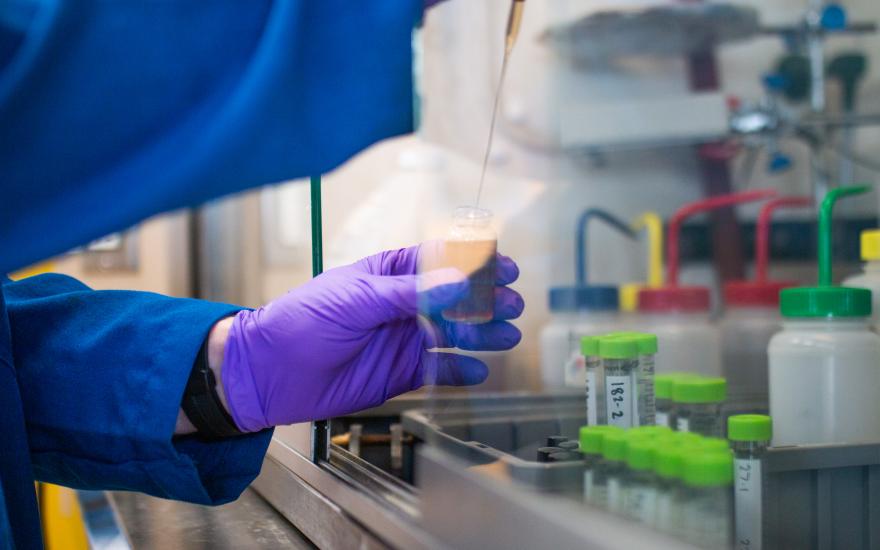A heat wave two years ago in the Pacific Northwest made headlines, breaking temperature records and earning the description “historic and dangerous” by the National Weather Service. It made two UC Berkeley scientists ask: How hot could it possibly get?
They answered the question with a new theory: how hot the surface temperature can get is linked to how hot it is five or six kilometers above the surface. With the help of a student from Berkeley’s Data Science Discovery Program, the researchers are turning their theory into an effective algorithm to help better predict these extreme heat events and protect the public.
“We're reaching a time in Earth's history where the way that the world works – just being a repeat of things that we've experienced before in our lives – that paradigm does not function anymore,” said William Boos, an associate professor in Berkeley’s Department of Earth and Planetary Sciences.

“The climate has been changing,” said Boos, who serves as faculty host for the Data Science Discovery project. “The hope for this algorithm is not to be any kind of global average prediction, but to be something that would be useful in individual heat extreme events for weather agencies, disaster planners, farmers and energy companies to use in vulnerable parts of the world.”
Extreme heat waves, or a continuous string of especially hot days, have become more frequent and intense across the U.S. over the last 60 years, according to the U.S. Environmental Protection Agency. They are expected to get worse. Heat events have caused or contributed to the deaths of 702 Americans on average each year, the Centers for Disease Control and Prevention found. They can also damage crops and increase the risks of wildfires.
The Data Science Discovery program connects nonprofits, companies, government agencies and others with Berkeley undergraduate students who contribute to hands-on, cutting-edge data science research and products. Attendees of the program’s fall symposium on December 5 will be able to learn about more than 130 projects, network with project partners and listen to talks by industry speakers and students. It will occur in the Hearst Memorial Mining Building.
An algorithm addressing climate impacts
The theory developed by Boos and Yi Zhang, a Miller postdoctoral fellow, is important because it is easier to predict the temperature at a higher altitude than at the surface, Boos said. The algorithm won’t predict the exact temperatures for a given heat wave, but it would predict the hottest it could get or the worst-case scenario for an event.
Having that information ahead of a heat wave allows decision-makers to determine what kinds of resources they might need to prepare like public air-conditioned facilities. It could also alleviate concerns, signaling that the heat will be limited to a given timeframe, Boos said.
“It could give you a little bit of relief to realize that you don't need to plan for anything too intense over the next week or two,” said Boos.

This research may not have happened without the Data Science Discovery program, said Zhang, the project’s leader. Finding the program that would connect the team to an undergraduate student with data skills prompted her to expand her research from theory to application of atmospheric dynamics and climate change science.
The team developed an algorithm based on their theory, but to prove it works they are testing it on 50 years of historic temperatures – data that would take 100 laptops to store, Boos said. That validation is time consuming and outside the typical research scope of a postdoctoral scholar in basic science like Zhang.
And while Zhang and Boos have the physics expertise needed, it is especially useful to have a student who can conduct analyses of large amounts of data, Zhang and Boos said.
Working with Yu Zhu, a Data Science Discovery student, has been both efficient and fulfilling, Zhang said. An international exchange student from China who is studying at Berkeley this year, Zhu has learned quickly how to apply his skills as a statistics major to the effort.
That work has made a difference. Zhu has “already shown that the temperature five kilometers above the surface is actually better at predicting [the temperature] a week ahead of time than the temperature of the surface itself” for a few key events, Boos said. Now, Zhu is doing that for thousands more such events, a task that may culminate sometime next year, he said.
“I hope it will eventually produce something useful for society,” Zhang said about the project. She will join the faculty at New York University’s Courant Institute of Mathematical Sciences next year.
Affirming research as a career path

It’s been worthwhile for Zhu, too. The junior was motivated to participate in the Data Science Discovery program to get research experience. He applied for this project because of its use of data science to analyze and enhance forecasting of data and its potential impact on society, he said.
Through the project, Zhu has learned how to start a research effort and how to familiarize himself with a new topic. He’s also learned how to work with experts in another discipline to find, extract, analyze and visualize the data they need for a study, he said.
He’s received mentorship, too. Boos has treated him like a doctoral student, inviting him to lunches with Ph.D. scholars and discussing his work with him one-on-one and as a team. Working for Boos has affirmed for Zhu that he wants to be a researcher and that he’s good at it.
He said he’d encourage other students to apply to the Data Science Discovery program.
“It’s given me the opportunities to [act like a Ph.D. student] and truly experience the life of a researcher,” said Zhu, whose home institution is East China Normal University. “It’s a strong opportunity to get into the different research fields and get involved in different research groups."





